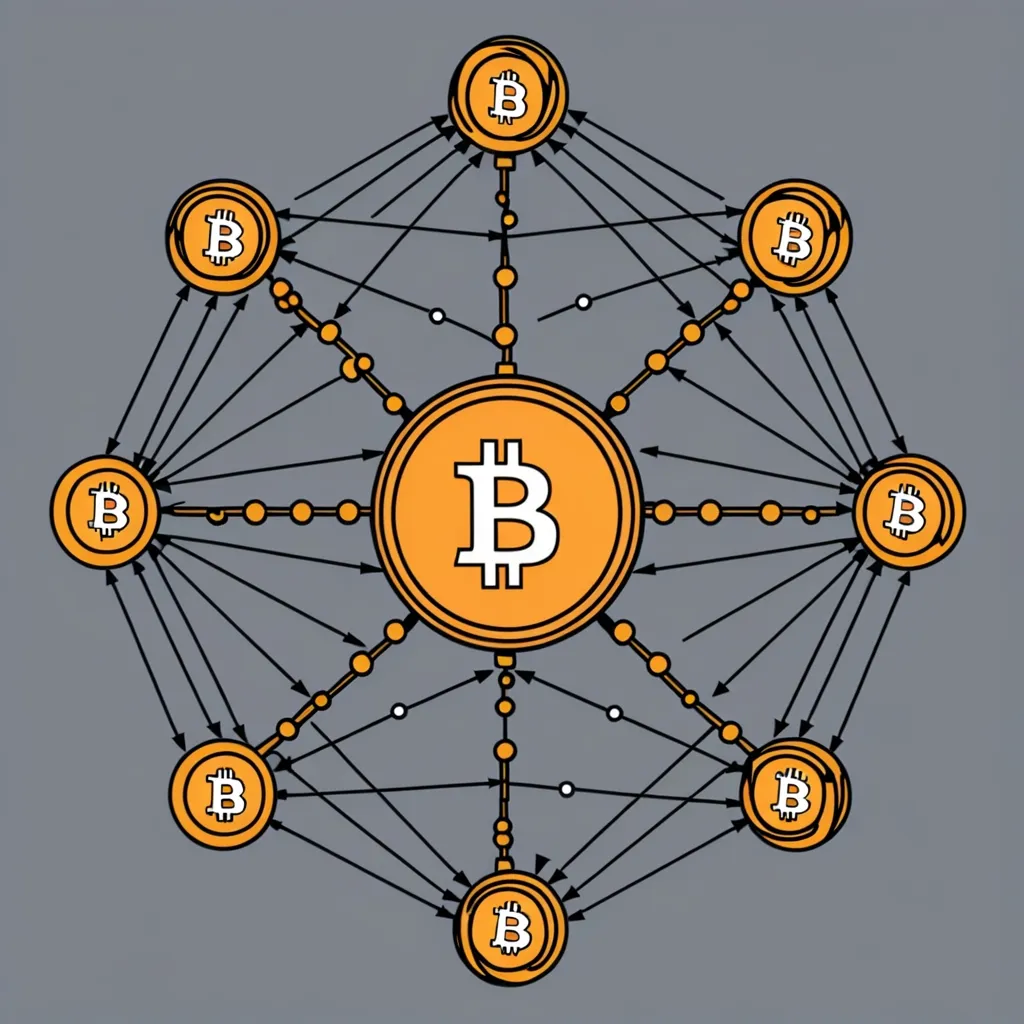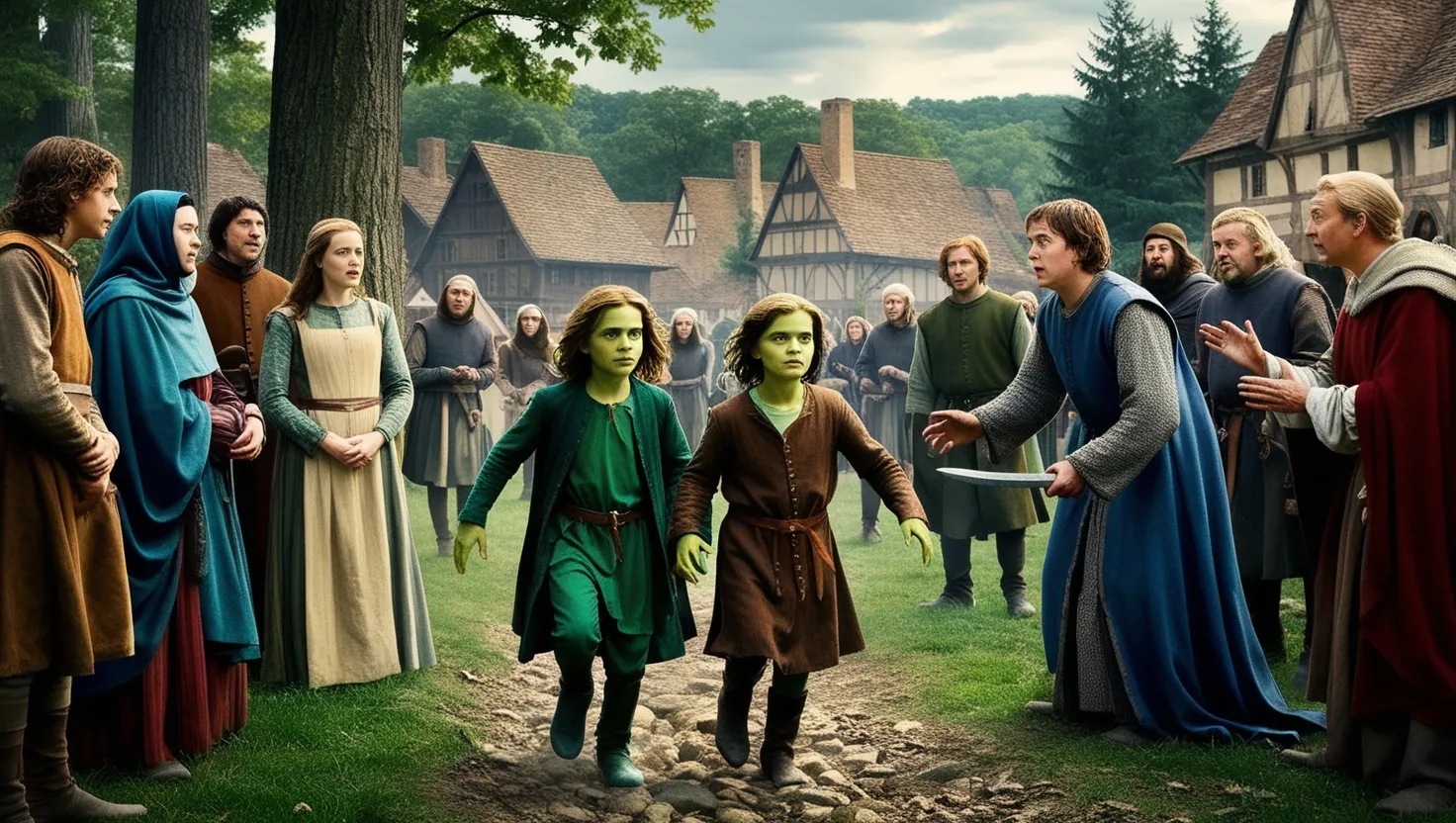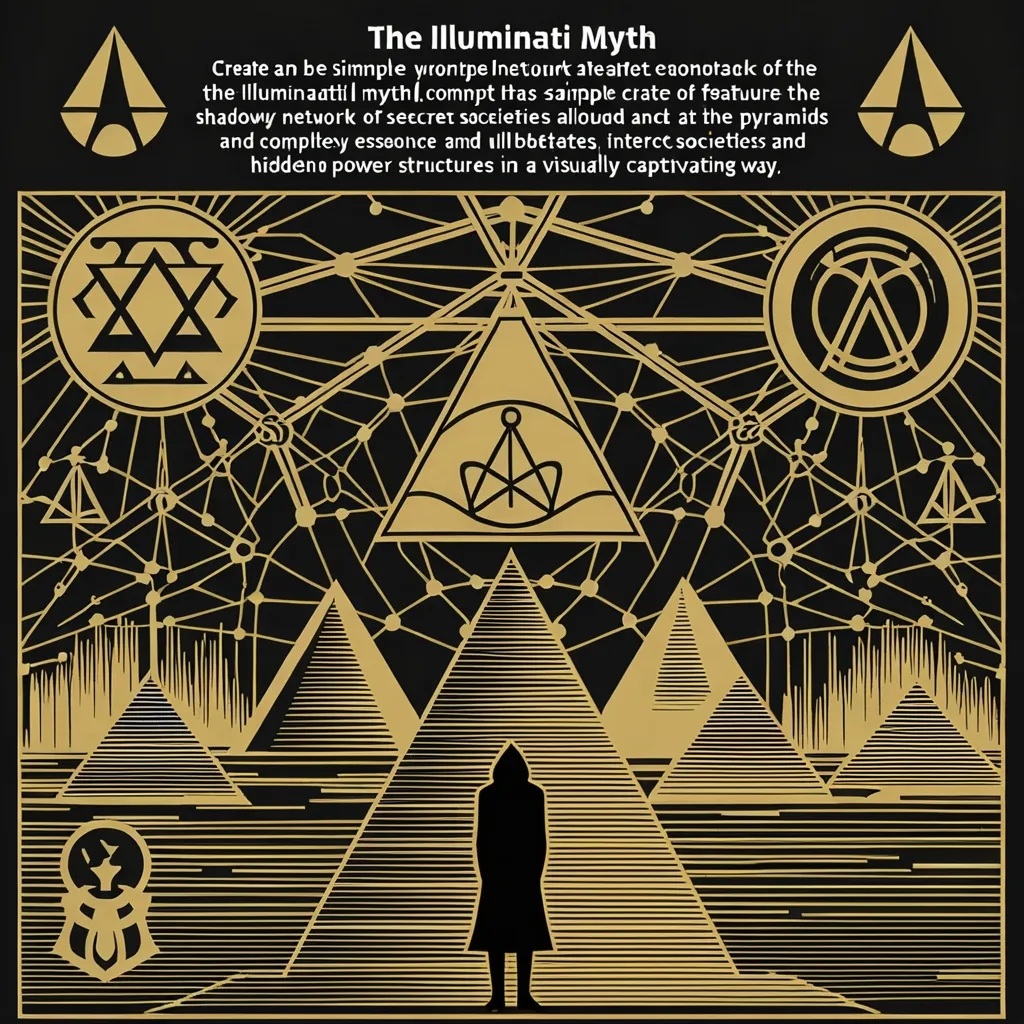Who Controls Bitcoin? Unraveling the Mystery and Debunking Conspiracy Theories
Bitcoin, the world’s first and most famous cryptocurrency, has been shrouded in mystery since its inception in 2009. The question of who controls this digital currency has sparked countless debates and given rise to a slew of conspiracy theories. Let’s dive into this fascinating topic and separate fact from fiction.
The Satoshi Enigma
At the heart of Bitcoin’s origin story lies the enigmatic figure of Satoshi Nakamoto. This pseudonymous creator vanished shortly after launching Bitcoin, leaving behind a legacy that continues to captivate the imagination of crypto enthusiasts and conspiracy theorists alike.
Some folks believe Satoshi isn’t just one person, but a group of government agents. They reckon Bitcoin was cooked up as a sneaky surveillance tool or a way to control the financial system. It’s a wild theory, but when you think about how Bitcoin transactions can be traced (even though they’re anonymous), you can see where they’re coming from.
Then there’s the CIA theory. Yep, some people reckon the Central Intelligence Agency dreamed up Bitcoin to test out fancy cryptography and keep tabs on dodgy financial dealings. While it’s true that intelligence agencies are pretty interested in crypto (mainly to fight cybercrime), there’s no solid proof the CIA had anything to do with creating Bitcoin.
The Rothschild Connection (or Lack Thereof)
You can’t have a good conspiracy theory without mentioning the Rothschilds, right? Some folks think this powerful banking family created Bitcoin to tighten their grip on global finance. But let’s be real - there’s zero evidence linking the Rothschilds to Bitcoin’s creation. It’s just another case of connecting dots that aren’t really there.
New World Order and One-World Currency
Here’s a juicy one: some believe Bitcoin is part of a grand plan to establish a “New World Order” with a single global currency. According to this theory, cryptocurrencies are just a stepping stone towards a cashless society where every transaction is monitored by some shadowy central authority. It’s the stuff of Hollywood thrillers, but that’s about as far as it goes in terms of credibility.
The Elon Musk Theory
Given his tech savvy and love for all things futuristic, it’s not surprising that some people have pegged Elon Musk as the real Satoshi Nakamoto. But Musk has repeatedly denied any involvement in Bitcoin’s creation, and there’s no evidence to suggest otherwise. Sorry, Elon fans!
Environmental Conspiracy
Bitcoin mining uses a ton of energy, and some critics argue this environmental impact is part of a sinister plot to disrupt traditional economies. While the energy consumption of Bitcoin mining is a legitimate concern, framing it as a deliberate conspiracy is a bit of a stretch.
Banks and Bitcoin: Frenemies or Secret Allies?
Some conspiracy theorists reckon big banks and financial institutions are secretly behind cryptocurrencies. The idea is that they’re promoting crypto to eventually crash the market and consolidate their power. It’s an interesting theory, but given how most banks have been pretty hostile towards crypto, it doesn’t really hold water.
The Tether Controversy
Tether, a popular stablecoin, has been the subject of numerous conspiracy theories. Critics claim it’s not fully backed by reserves and is being used to manipulate Bitcoin prices. While Tether has faced its fair share of controversy, there’s no concrete evidence of a grand conspiracy.
The Ponzi Scheme Argument
Some critics argue that Bitcoin and other cryptocurrencies are elaborate Ponzi schemes, relying on new investors to pay off earlier ones. While crypto markets can be incredibly volatile and risky, labeling the entire ecosystem as a Ponzi scheme oversimplifies a complex technology and ignores its potential benefits.
Quantum Computing: Friend or Foe?
As quantum computing advances, some worry these super-powerful machines could break the cryptographic codes securing cryptocurrencies. While this is a legitimate concern, researchers are already working on quantum-resistant algorithms to keep digital currencies safe.
Who Really Controls Bitcoin?
Here’s the kicker: unlike traditional currencies, Bitcoin isn’t controlled by any single person or entity. It’s governed by a global network of stakeholders through a process called rough consensus. This involves developers writing code, miners validating transactions, and users participating in the network.
This decentralized governance model is what makes Bitcoin so unique and resilient. It’s not controlled by a central bank or government, but by a diverse community of participants around the world.
The CBDC Debate
The rise of Central Bank Digital Currencies (CBDCs) has added another layer to the discussion about digital currencies and control. Unlike Bitcoin, CBDCs are state-operated, raising concerns about government surveillance and control. Some worry that governments could use CBDCs to monitor transactions, develop social credit scores, or even cancel funds of targeted individuals.
Separating Fact from Fiction
While conspiracy theories about Bitcoin are entertaining, it’s crucial to approach them with a critical eye. The reality is that Bitcoin operates in a decentralized manner, free from the control of any single entity. The true identity of Satoshi Nakamoto may remain a mystery, but the impact of their creation is undeniable.
Bitcoin has fundamentally changed how we think about money and financial transactions. Its future will be shaped not by shadowy puppet masters, but by the collective actions of its global community of users, developers, and miners.
As we navigate the evolving landscape of digital currencies, it’s important to stay informed and skeptical. While it’s fun to speculate about secret government projects and global conspiracies, the real story of Bitcoin is exciting enough on its own. It’s a revolutionary technology that has the potential to transform our financial systems and empower individuals around the world.
So, the next time you hear a wild theory about who controls Bitcoin, take it with a grain of salt. Remember that the beauty of Bitcoin lies in its decentralized nature. No single person or entity controls it - and that’s exactly what makes it so powerful and revolutionary.
In the end, the most important thing is to understand the technology behind Bitcoin and make informed decisions about your own involvement in the crypto world. Whether you’re a true believer or a skeptic, there’s no denying that Bitcoin has changed the game. And who knows? Maybe the greatest conspiracy of all is that there is no conspiracy - just a brilliant idea that took on a life of its own.






